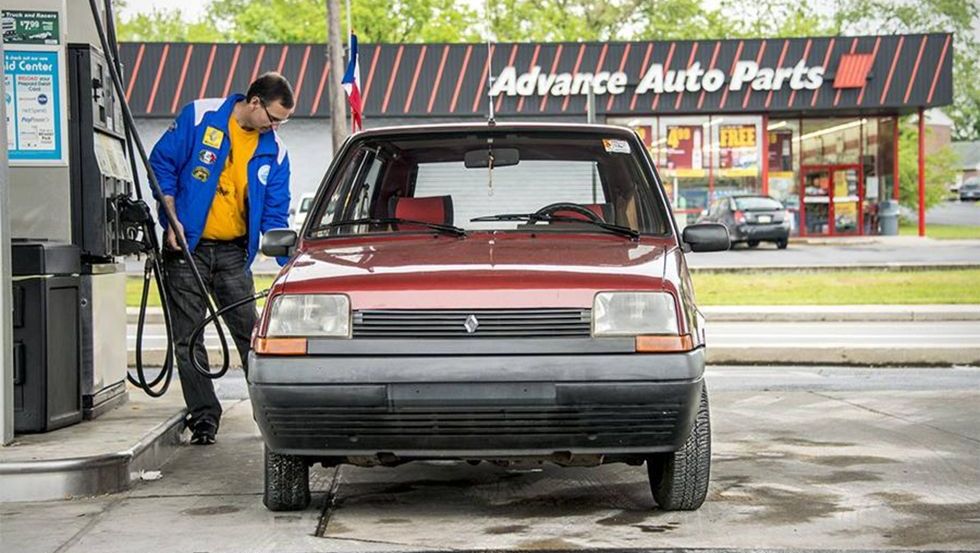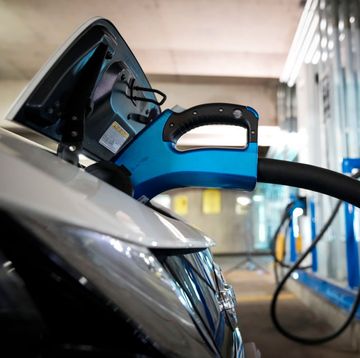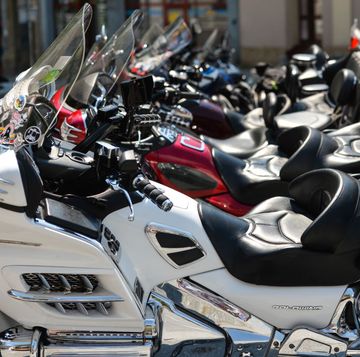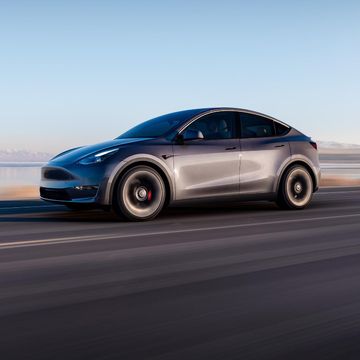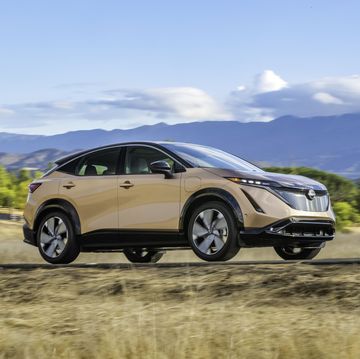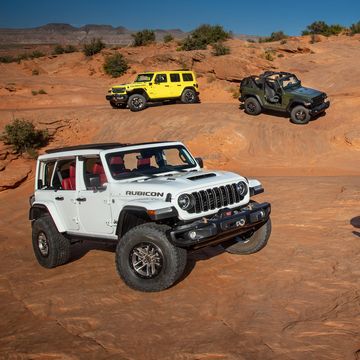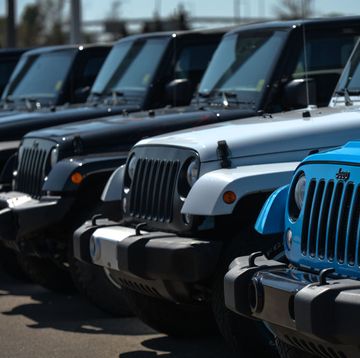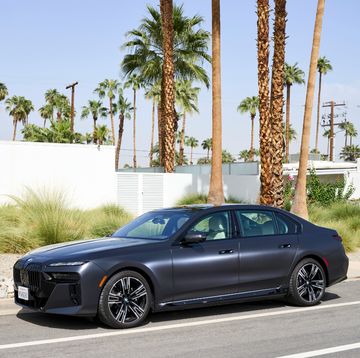- The national average gas price during the last week of April was $3.63 a gallon, trending about 50 cents lower than this time last year.
- The month of April has seen a rise in the nationwide average of about 20 cents, as demand picks up ahead of the travel season, despite declining crude oil prices.
- The peak summer travel season starts with the Memorial Day holiday at the end of May, and saw quite a bit of intervention last year from the Strategic Petroleum Reserve, which is expected to be replenished later this year.
A month out from the traditionally busy Memorial Day weekend, gas price trends are once again being closely watched after a tumultuous 2022 summer driving season caused plenty of frustration for consumers, with travel seeing a decline in late summer of 2022 due to higher gas prices. That roller-coaster ride, of course, was prompted by a mix of geopolitical events as well as a rebound in travel in the third summer of the pandemic, with the weeks between Memorial Day and Independence Day surprising many analysts.
What's in store at the moment, as we once again approach Memorial Day?
Significantly lower gas prices compared to 2022 with the national average hovering around $3.63 a gallon, according to AAA, which is half a dollar below where they were a year ago, but also about that much higher than in 2021.
"As long as the oil cost keeps wobbling around the low to mid $70s per barrel, drivers will benefit when they fuel up," said Andrew Gross, AAA spokesperson.
However, just in the past four weeks the national average has already climbed by 20 cents—not unexpected given seasonal demands, as April traditionally sees a gradual uptick.
The states where gasoline prices are lowest at the moment are close to the Gulf Coast, with Mississippi seeing a $3.11 average, while Arkansas and Louisiana have enjoyed a $3.22 average over the past week and a half. Alabama and Texas are not far behind with a $3.23 a gallon average, while Tennessee is close by with $3.27, according to AAA.
If there are macro trends that analysts are watching as the summer gets rolling, it's the dwindling strategic petroleum reserve, which had been drained quite a bit in 2022 in response to the steep hikes in the price of gasoline last summer, and looming expectations of further interest rate hikes amid a possible economic recession. The latter fear has been linked to modest declines in crude oil prices, as recessions tend to produce less travel, and this is why we've seen Brent crude oil prices slip almost 10% over the past couple of weeks.
When it comes to the strategic petroleum reserve, which was depleted last summer and fell to its lowest level since 1983, the Biden administration indicated last week that it plans to refill it, possibly starting in the fall after oil prices subside from the summer highs.
But at the moment, it's a series of weekly drops in oil prices that are contributing to lower gas prices.
"Higher demand, alongside a decline in stocks, would typically push pump prices up; however, fluctuating oil prices have pushed them lower," AAA notes. "If oil prices continue to decline, pump prices will likely follow suit."
If there is a separate storm on the horizon in energy markets, it could be Europe's tightening natural gas supplies ahead of next winter—an issue that shouldn't be a factor for US car owners for most of the summer—in addition to continued instability in energy prices in Europe.
But for the moment, April has seen slightly better prices at the pump compared to this time last year.
Do you expect road and airline travel this summer to return to pre-pandemic levels, or will this process take longer? Let us know what you think.

Jay Ramey grew up around very strange European cars, and instead of seeking out something reliable and comfortable for his own personal use he has been drawn to the more adventurous side of the dependability spectrum. Despite being followed around by French cars for the past decade, he has somehow been able to avoid Citroën ownership, judging them too commonplace, and is currently looking at cars from the former Czechoslovakia. Jay has been with Autoweek since 2013.
